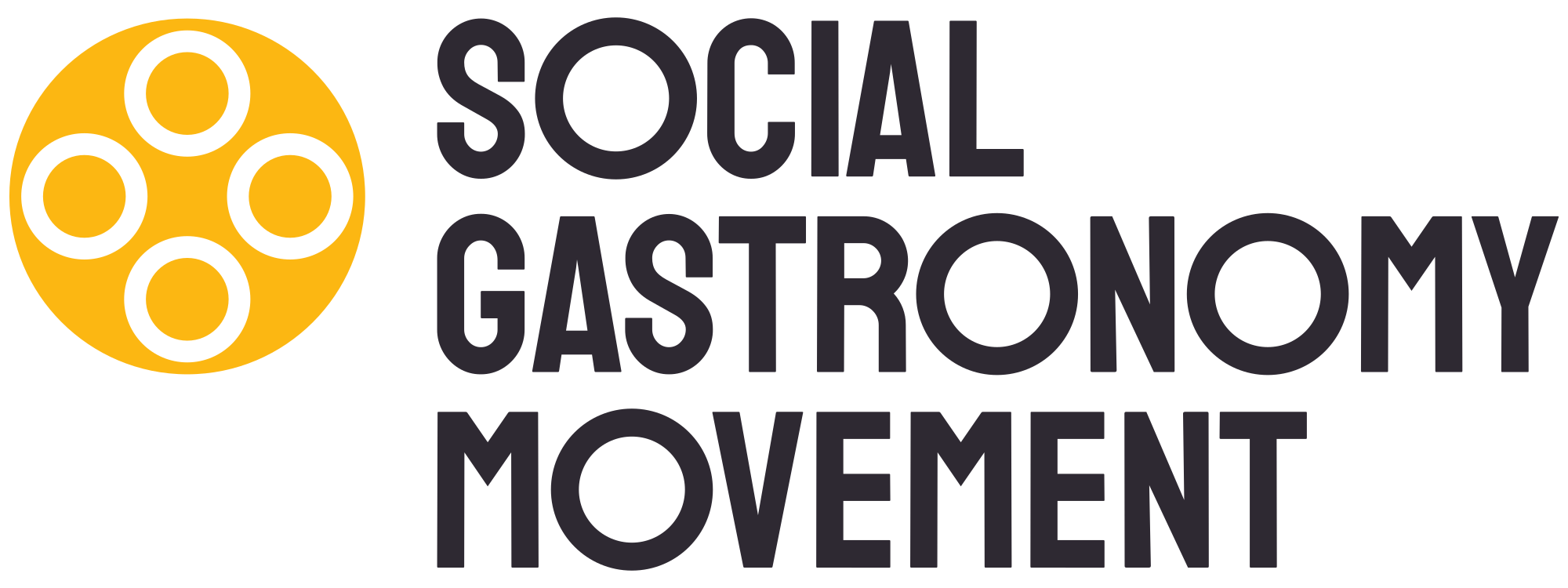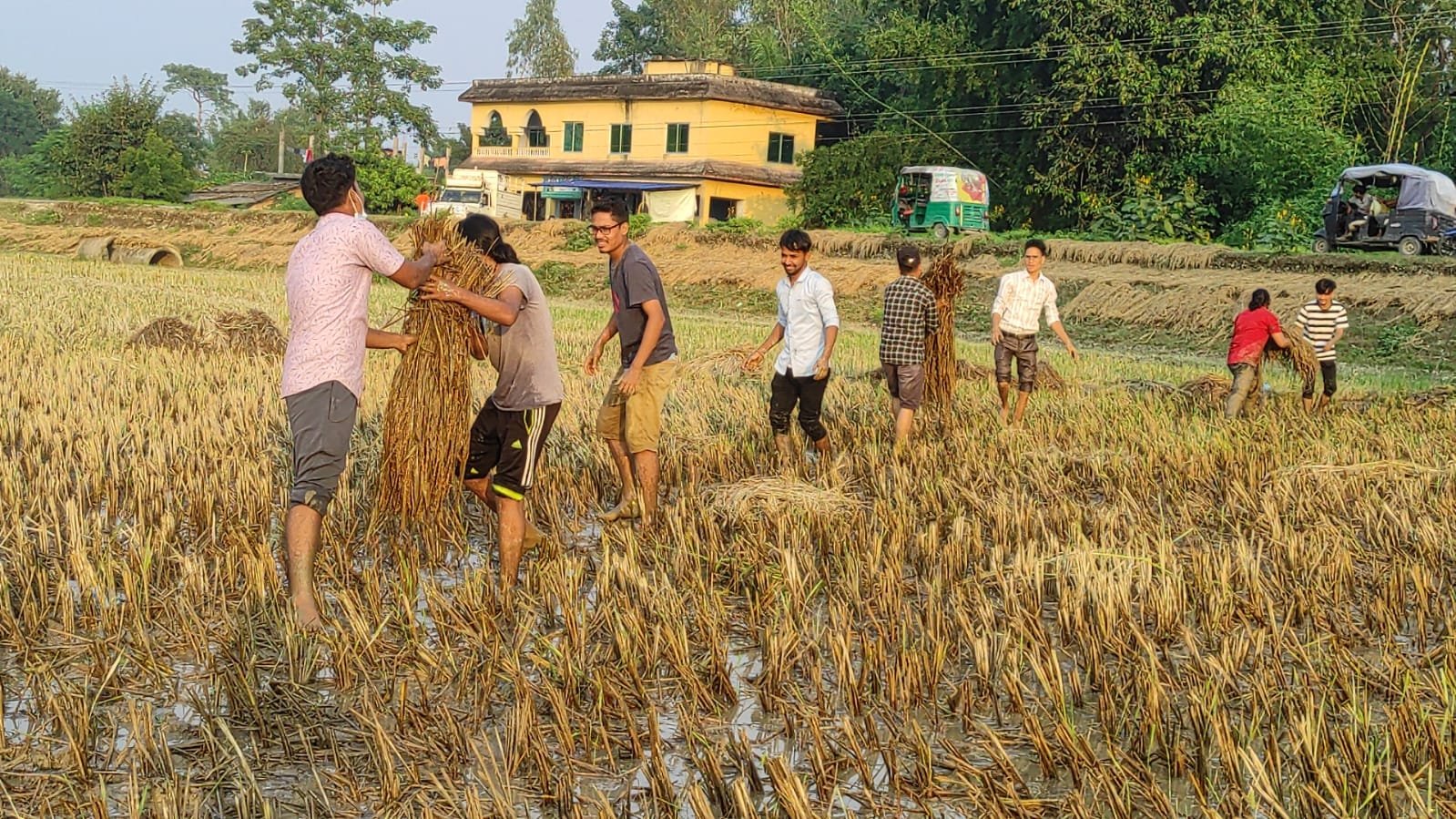Transforming food systems by changing how we collaborate and shifting the social context from which action emerges
The Social Gastronomy Movement’s Collective Impact Program (SGM-CIP) was brought to life in collaboration with Cargill in 2020. It is an initiative seeking to build the local capacity of communities to facilitate cross-sector collaboration and mobilize multi-stakeholder action teams in local food systems.
The CIP provides a more equitable, inclusive, and effective approach to facilitating cross-sector collaboration to increase food security and equity in local food systems.
SGM, ‘host teams’, and thought partners from the SGM community came together to commit to ‘Doing with; not for,’ where people with lived experience of food insecurity participate in designing, implementing, and evaluating solutions. Embodying this spirit means cultivating diversity, shared leadership, and trust at all levels of our work together.
The two-year pilot experience in six countries was consolidated into a comprehensive toolbox available for implementation globally. Implementation advisory services are available on a case-by-case basis.
Doing with; not for
By getting the diversity of the system in the same room and shifting the social context - the relationship, power dynamics, and mental models, we create the experience of an alternative culture of collaboration that is more inspiring and effective in achieving equitable food systems and food security.
Building capacity to facilitate cross-sector collaboration and systems change
The Context & Challenge…
Our current food system is inequitable and food insecurity is rising.
We believe that changing the way we work together in communities around the world and ensuring that solutions are co-created with those who have lived experience is core to building a future that is healthy, sustainable and inclusive.
SGM-CIP unites host teams from six countries under a flexible framework and a twelve-month shared learning journey.
Our shared spirit and effort to facilitate a new kind of collaboration towards food systems change drives us to do, reflect and refine.
The program provides…
A framework and toolkits for our common approach with clear goals and an evaluation methodology
Collective meeting design and facilitation toolkits
Regular peer-to-peer group learning dialogues
Routine 1-1 mentoring calls with expert facilitators and partners in the CIP team
Partial start-up funding
Access to a global network of peers, partners, and experience through the SGM community
Collective communication assets to support local fundraising
the pILOT cohort
The host teams in CIP’s first cohort are diverse, global, and grassroots by nature, each formed of three or more people representing different organizations across two or more sectors. Collectively, the host team participants are well-connected and bring various experiences of facilitating local networks on a small budget. They understand that the trust and systems change that this program seeks to cultivate requires commitment over a span of many years.
Over twelve months, each host team builds connections and organizes community dialogues with food system stakeholders from their communities, generating momentum towards convening a local CIP Plenum event. A key outcome of the CIP Plenum is the emergence of multi-stakeholder action teams that work towards shared goals of increasing food security and equity in their local food systems.
6
Local Food Collectives
29
Host Team Members
12
Months Learning Journey
Meet the Teams
What will success look like?
In the first three years, we will learn from piloting, refining our tactics and iterating the program with future host teams. In five years time, we envision local CIP Plenums becoming the TEDx of cross-sector collaboration in food systems change work.
SGM-CIP will be considered a success when there is a growing movement of host teams and local communities demonstrating that a more inclusive, collaborative approach leads to a more effective and sustainable impact on reducing food insecurity and systemic inequity.
Meet our team of mentors and collaborators
Kiu Coates
Stefanie Wai
Michelle Horovitz
Rafael Rincon
Patrick Honauer
A special note of gratitude to those who inspired this program…
Peter Pula - Axiom News
Asset Based Community Development
Resource Hub
GET IN TOUCH
If you have additional questions or want to know more about SGM-CIP, please contact CIP@socialgastronomy.org
























